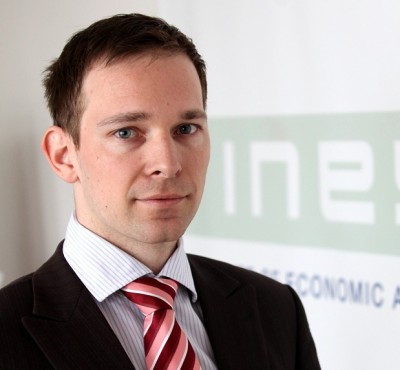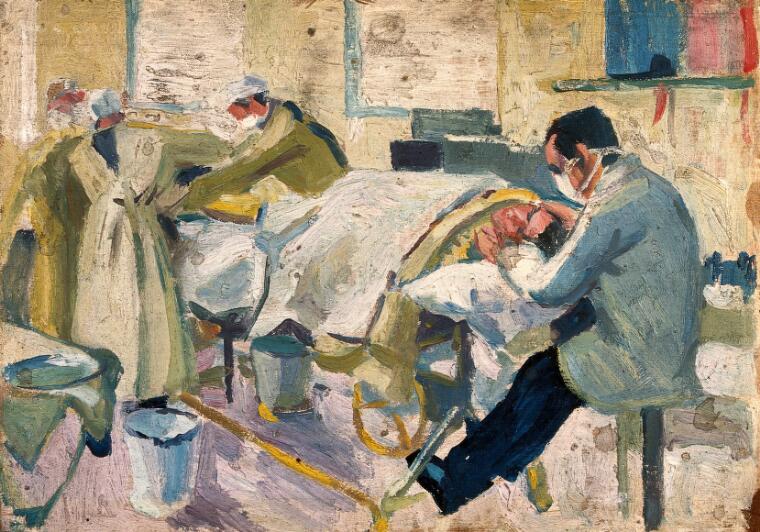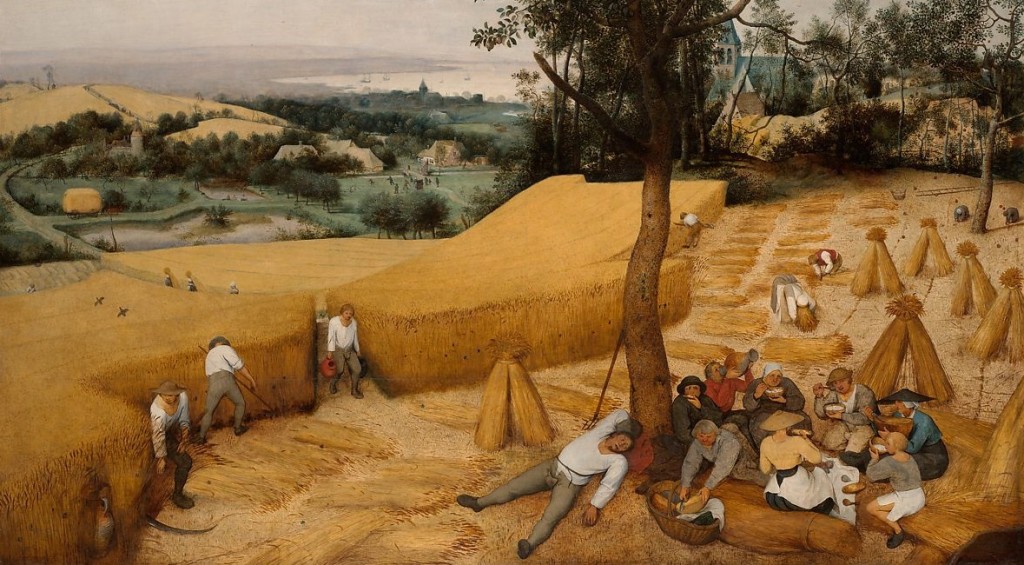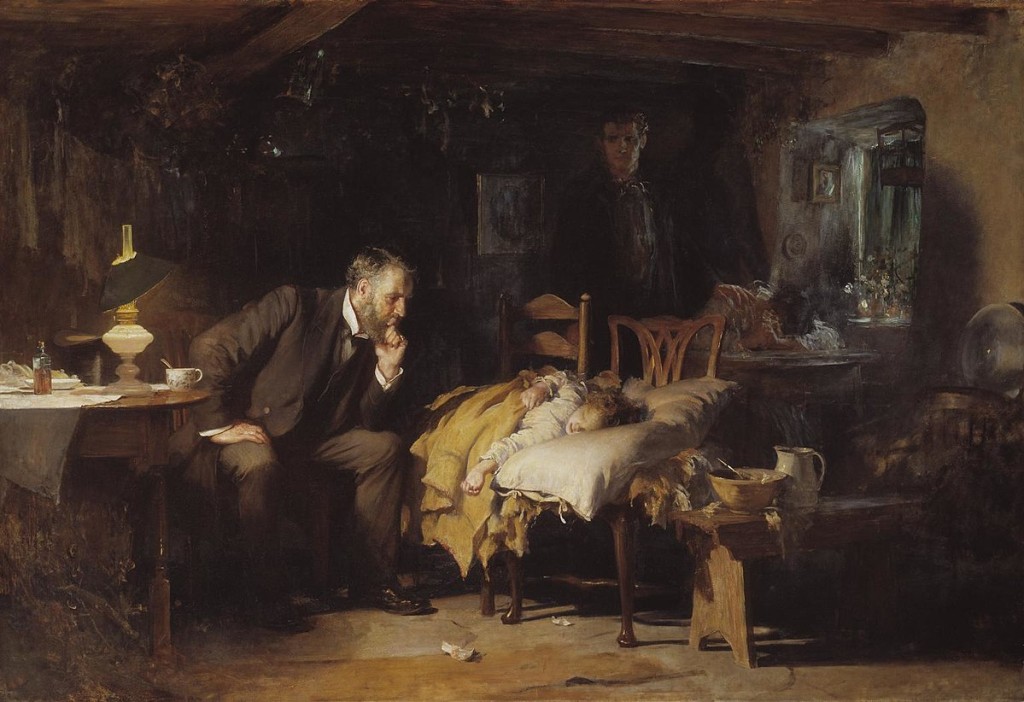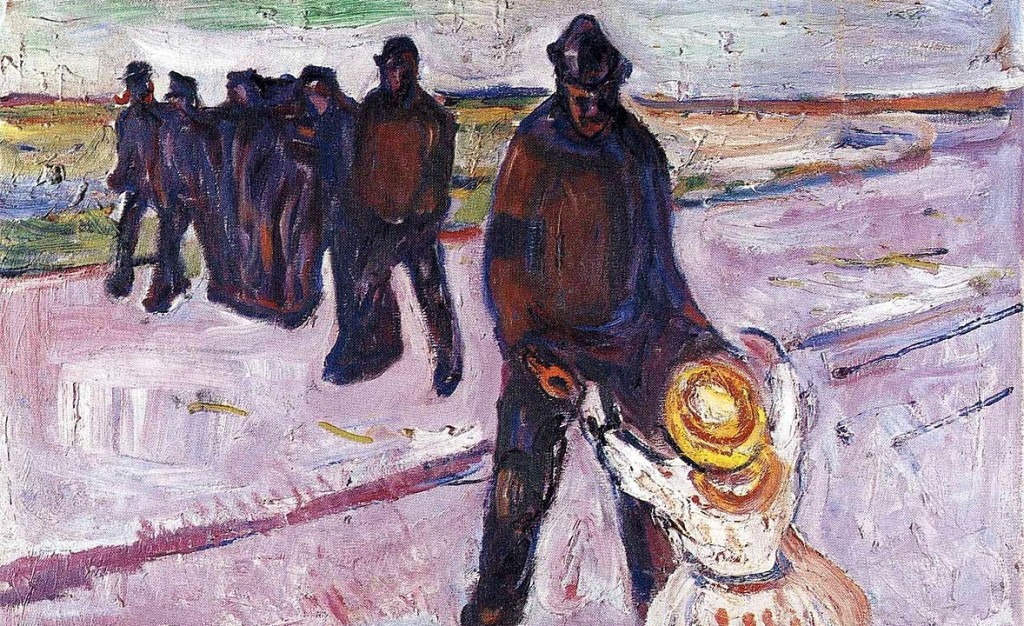
Expensive New Medications vs Expensive Old Medications
Recently publicized case of a child who was not reimbursed by his health insurance company for a requested medicine illustrates the broken world of medicine. Lots of regulations and little market is supposed to protect patients, but it often works exactly the opposite. A three-year-old boy from Slovakia suffers from Dravet syndrome, a severe form of congenital epilepsy characterized by dozens of seizures each day.



